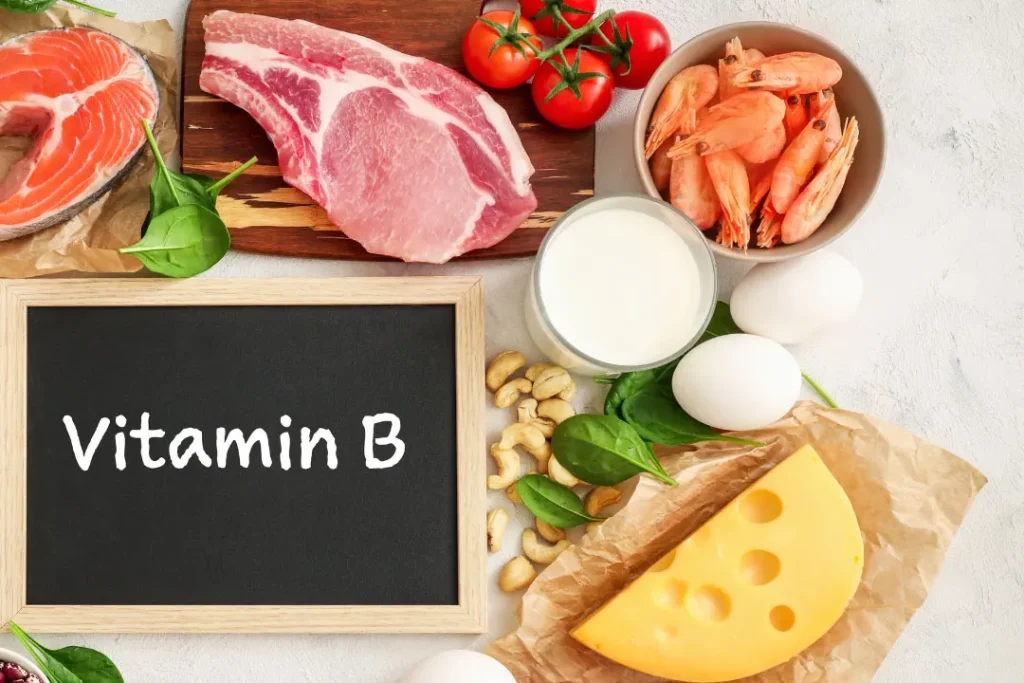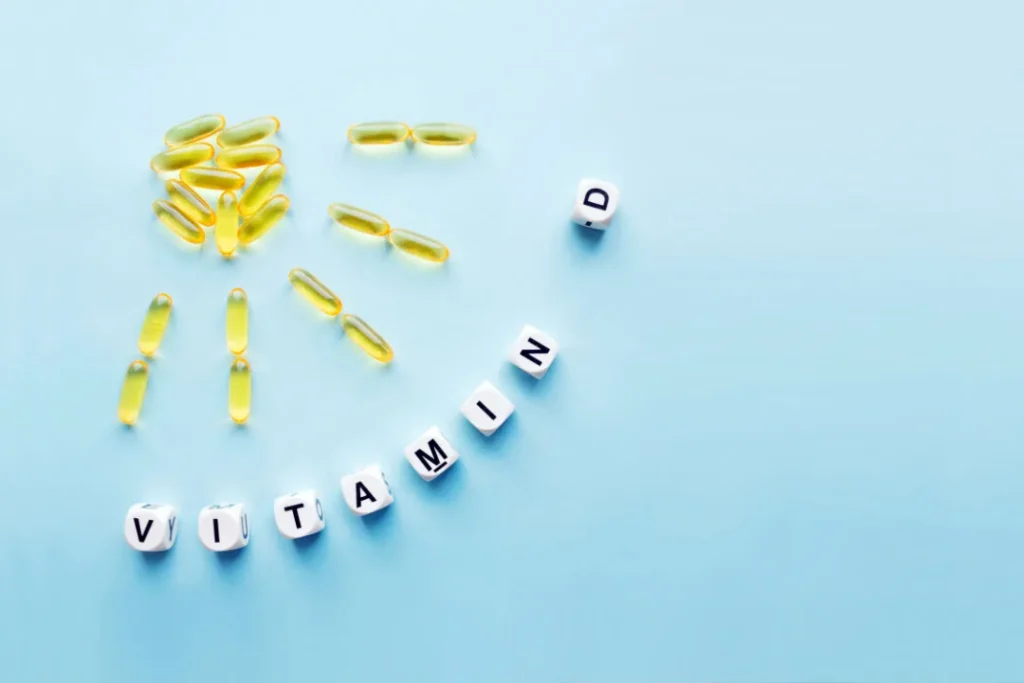Superb Conception Support: Try These Top Supplements for Fertility
Conceiving a child is often portrayed as a joyous and natural process, but the reality is far more complex. For many couples, the path to parenthood can be a challenging and emotionally taxing journey. The dream of starting a family can give way to frustration, disappointment, and a sense of helplessness as months turn into years without a positive pregnancy test. While some couples achieve pregnancy effortlessly, others face hurdles that make conception an uphill battle.
Statistics paint a poignant picture of the prevalence of fertility struggles in the United States. According to the Centers for Disease Control and Prevention (CDC), approximately 6.1 million women between the ages of 15 and 44 have difficulty getting pregnant or staying pregnant. This accounts for around 10% of the female population in this age group. Furthermore, data reveals that about 12% of women in the same age range have received some form of fertility treatment. These statistics underscore the significant number of individuals and couples grappling with fertility challenges.
Amidst medical procedures and lifestyle adjustments, the role of supplements in enhancing fertility has gained traction. While no supplement can guarantee pregnancy, some have shown promise in supporting reproductive health. We’ll analyze five supplements for fertility so you can decide if they’re right for you.
You May Also Like:
Modafinil Alternatives: Natural Supplements For Wakefulness And Focus
The Best Sleep Supplements for Athletes: 5 Great Supplement Ingredients that Really Work
Superb Conception Support: Try These Top Supplements for Fertility is an original (HisHealthMag) article.
Supplements for fertility:
Folic acid
Folic acid, a vital B vitamin, plays a pivotal role in promoting reproductive wellness. This essential nutrient functions as a key player in DNA synthesis and cell division processes critical for the development of healthy eggs and sperm. Folic acid’s influence on cellular growth and division makes it particularly relevant during the early stages of pregnancy, as it aids in forming the neural tube in the developing embryo.
By supporting the creation of new cells, folic acid contributes to the overall health of reproductive tissues. Furthermore, its impact on DNA integrity is crucial for maintaining the genetic health of both male and female reproductive cells. With these mechanisms at play, folic acid emerges as an essential nutrient that may have a positive effect on fertility by ensuring the optimal function and health of reproductive cells.

Supplements for fertility:
Vitamin D
Vitamin D, often referred to as the “sunshine vitamin,” exerts a multifaceted influence on fertility. Beyond its well-known role in bone health, vitamin D functions as a hormone that interacts with a range of bodily processes, including those related to reproduction. This dynamic nutrient plays a vital role in regulating the expression of genes involved in hormone production and immune system function. In the context of fertility, vitamin D’s influence on hormone balance is particularly significant. Balanced hormone levels are essential for optimal reproductive health in both men and women.
Moreover, research suggests that vitamin D may affect the development and maturation of eggs and sperm, potentially enhancing their quality and viability. By fostering hormonal equilibrium and supporting reproductive cell health, vitamin D emerges as a compelling nutrient with the potential to positively impact fertility outcomes.

Supplements for fertility:
Zinc
Zinc, a trace mineral often associated with immune health, also plays a crucial role in fertility support. Particularly for men, zinc is an indispensable nutrient for maintaining optimal reproductive function. Within the male reproductive system, zinc contributes to the production and development of healthy sperm cells. It aids in DNA synthesis, which is crucial for ensuring the genetic integrity of sperm and supports the overall health of the male reproductive organs. Zinc’s involvement in regulating hormone levels is noteworthy as well, as balanced hormonal activity is vital for healthy sperm production.
In women, zinc also contributes to fertility by promoting regular menstrual cycles and aiding in the development of healthy eggs. Given its multifaceted impact on reproductive health, zinc stands as a key nutrient that may contribute to enhanced fertility outcomes by fostering the development of healthy and viable reproductive cells.
Supplements for fertility:
Omega-3 fatty acids
Omega-3 fatty acids, renowned for their anti-inflammatory properties, have a unique potential to impact fertility by promoting overall reproductive wellness. Inflammation, often regarded as a silent disruptor of bodily processes, can profoundly affect reproductive function. Omega-3 fatty acids found abundantly in sources like fatty fish, flaxseeds, and walnuts are potent inflammation regulators. By mitigating chronic inflammation, these fatty acids help maintain hormonal balance and the proper functioning of reproductive organs. This balance is crucial for facilitating regular ovulation in women and ensuring optimal sperm health in men.
Beyond reducing inflammation, omega-3 fatty acids contribute to the overall well-being of reproductive cells, potentially enhancing their quality and viability. Through their multifaceted impact on inflammation and reproductive health, omega-3 fatty acids are essential nutrients that may play a supportive role in enhancing fertility prospects.

Supplements for fertility:
Coenzyme Q10
Coenzyme Q10 (CoQ10), a naturally occurring compound within cells, shows promise as a potential fertility supporter. With its pivotal role in cellular energy production, CoQ10 provides a vital source of fuel for the body’s many processes, including those crucial for reproduction. This coenzyme’s significance lies in its ability to enhance the energy supply to reproductive cells, potentially optimizing their function and health. CoQ10’s dual role as an antioxidant further enhances its potential impact on fertility. By shielding reproductive cells from oxidative stress, CoQ10 helps maintain their integrity and viability. The interplay of enhanced energy production and antioxidant protection makes CoQ10 a compelling candidate for supporting the quality and functionality of eggs and sperm.
Like many supplements, CoQ10 works better when combined with other ingredients in a blend. One of the higher-quality supplement blends on the market is Boomer Boost, offered by Boomers Forever Young. It is a comprehensive all-in-one drink that fuels natural energy and vital bodily functions and features 70 specialty nutrients, vitamins, minerals, and amino acids. It is certified by the National Sanitation Foundation (NSF), meaning it undergoes third-party testing to ensure quality and safety.
Supplements for fertility:
The importance of building a fertility plan
While supplements offer valuable nutritional support, it’s essential to understand that they are just one component of a broader fertility enhancement strategy. To truly optimize fertility, individuals and couples should adopt a holistic approach that integrates supplements with lifestyle and nutritional adjustments.
Lifestyle choices play a pivotal role in fertility optimization. Maintaining a healthy weight is crucial, as both underweight and overweight conditions can disrupt hormonal balance and impact reproductive function. Engaging in regular physical activity not only supports weight management but also contributes to overall well-being. Physical exercise triggers the release of endorphins, which can help reduce stress and promote hormonal equilibrium.
Nutrition also holds a significant place in an effective fertility strategy. A balanced and nutrient-rich diet provides the foundation for reproductive health. Incorporating whole foods, rich in vitamins, minerals, antioxidants, and healthy fats, nourishes the body to support optimal fertility. Fruits and vegetables supply essential vitamins like folate, vitamin C, and vitamin D. Lean proteins from sources like lean meats, poultry, fish, and legumes provide amino acids necessary for hormone production and cellular development. Complex carbohydrates from whole grains stabilize blood sugar levels and sustain energy, all contributing to reproductive wellness.
Mindful choices, including stress management and prioritizing quality sleep, further enhance fertility prospects. Chronic stress can disrupt hormonal production and menstrual cycles, affecting reproductive function. Engaging in relaxation techniques such as meditation, yoga, deep breathing, and mindfulness can help promote emotional balance and hormonal harmony. Quality sleep is equally vital, as sleep deprivation can impact reproductive hormones and overall health.
Hydration and avoiding harmful substances are additional factors to consider. Staying well-hydrated supports healthy cervical mucus, aiding sperm transport and viability. Limiting caffeine and alcohol intake is advisable, as excessive consumption can interfere with hormonal balance and fertility.
Seeking guidance from healthcare professionals is a crucial step in creating a personalized fertility enhancement strategy. Doctors, nutritionists, and fertility specialists can offer tailored recommendations based on individual needs and health conditions. Their expertise ensures that supplement choices align with overall health goals and contribute to an effective fertility plan.
Struggling to conceive can be a frustrating process, but with the addition of effective supplements for fertility, as well as lifestyle and nutritional adjustments, it does not need to be nearly as taxing.

Further Reading:
CNN: Infertility affects a ‘staggering’ 1 in 6 people worldwide, WHO says
BBC: How pollution is causing a male fertility crisis
National Library of Medicine: Vitamin D and fertility: a systematic review
Healthline: 16 Natural Ways to Boost Fertility
Parents: What’s the Best Fertility Diet When Trying to Get Pregnant?
Important Note: The information contained in this article is for general informational purposes only, and should not be construed as health or medical advice, nor is it intended to diagnose, prevent, treat, or cure any disease or health condition. Before embarking on any diet, fitness regimen, or program of nutritional supplementation, it is advisable to consult your healthcare professional in order to determine its safety and probable efficacy in terms of your individual state of health.
Regarding Nutritional Supplements Or Other Non-Prescription Health Products: If any nutritional supplements or other non-prescription health products are mentioned in the foregoing article, any claims or statements made about them have not been evaluated by the U.S. Food and Drug Administration, and such nutritional supplements or other health products are not intended to diagnose, treat, cure, or prevent any disease.
